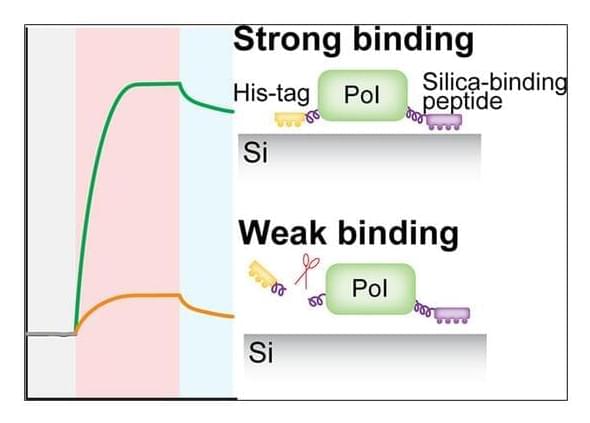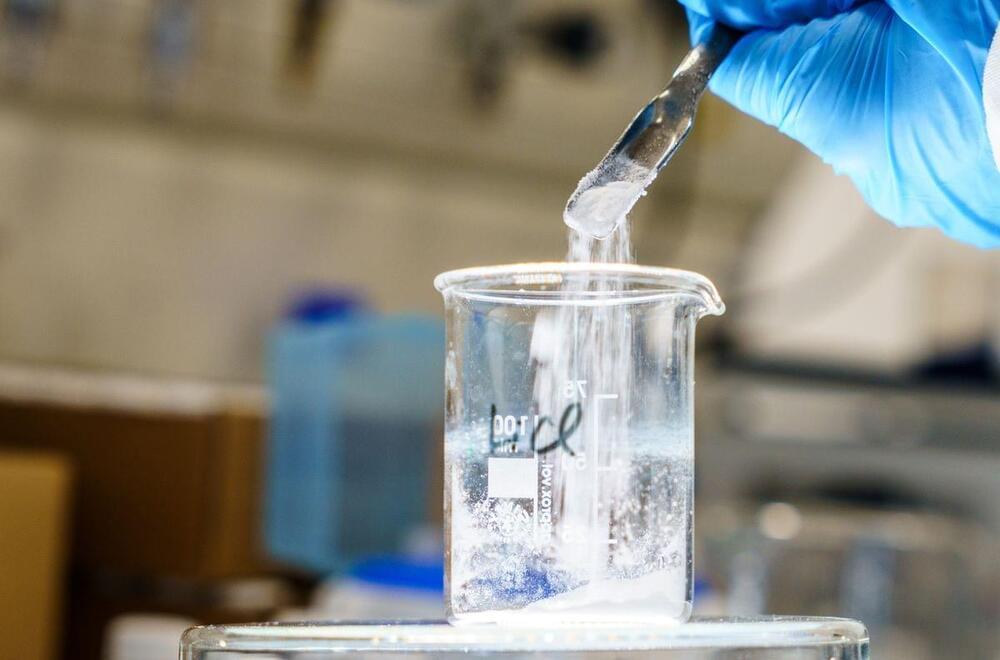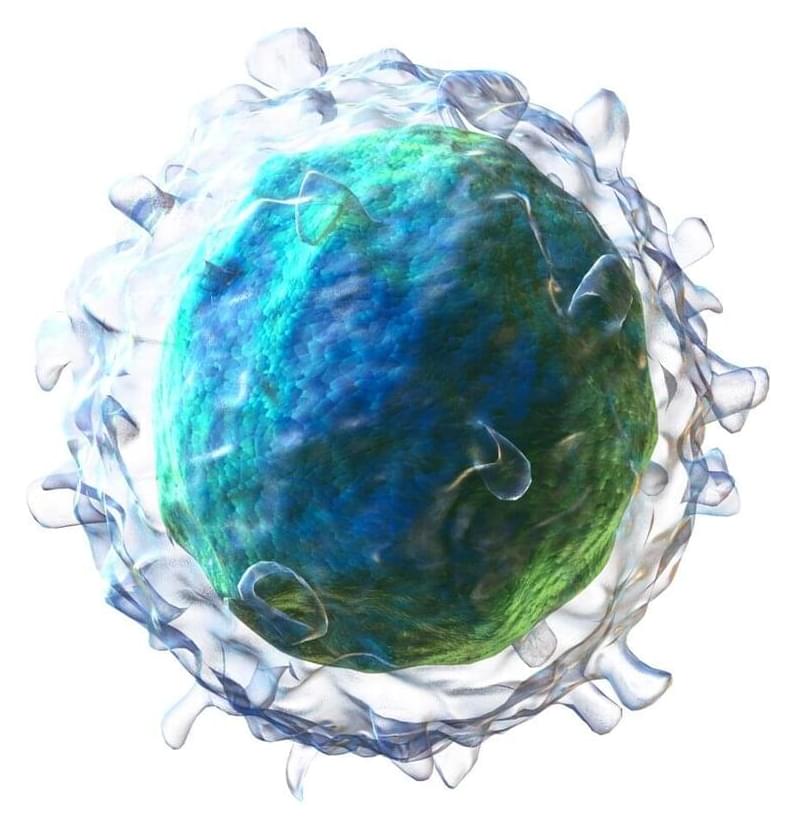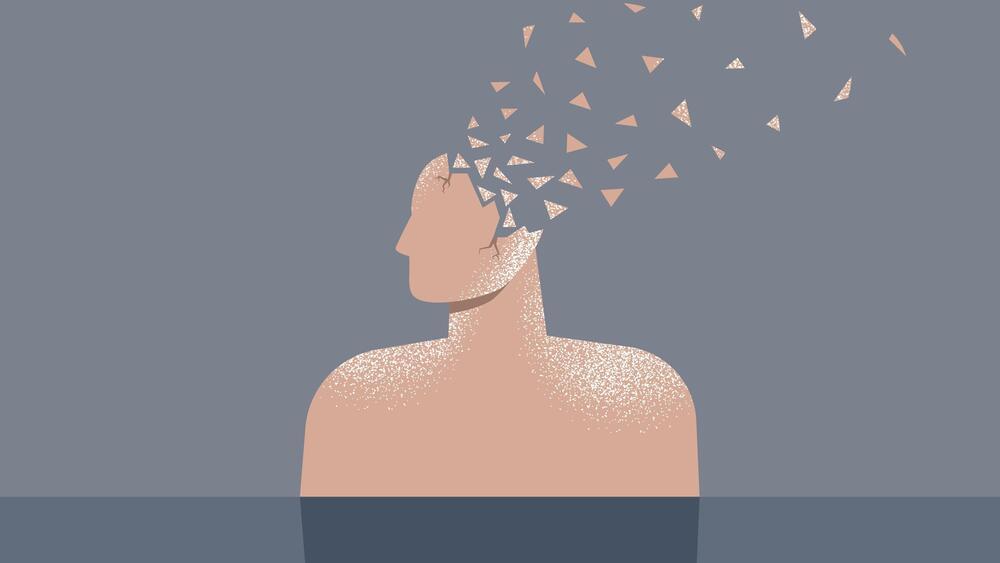A study published in Molecular Psychiatry is the first to look at multiple levels of biology within women with postpartum depression (PPD) to see how women with the condition differ from those without it. PPD affects 1 in 7 women and has negative mental health consequences for both mother and child. However, the precise biological mechanisms behind the disorder are unknown.
“We don’t have PPD figured out,” said lead author Jerry Guintivano, Ph.D., assistant professor in the UNC Department of Psychiatry. “A lot of biological research focuses on candidate genes and hormones, and we do have a lead on some PPD-specific medications, but it’s important to take multiple avenues to target this condition. Not every manifestation of PPD is the same.”
That’s why Guintivano led a team of researchers from the UNC School of Medicine to conduct the largest transcriptome-wide association study for PPD to date. Previous studies have only analyzed whole blood samples. This study took a deeper look and examined the different components of blood. They took blood samples from 1,500 racially and ethnically diverse women from across North Carolina who had given birth within the past six weeks, 482 of whom were diagnosed with PPD. Researchers used RNA sequencing, DNA genotyping, and assessment of DNA methylation—amounting to three levels of basic biology evaluation—to look for differences in components of the blood samples from women with PPD versus women without PPD.






